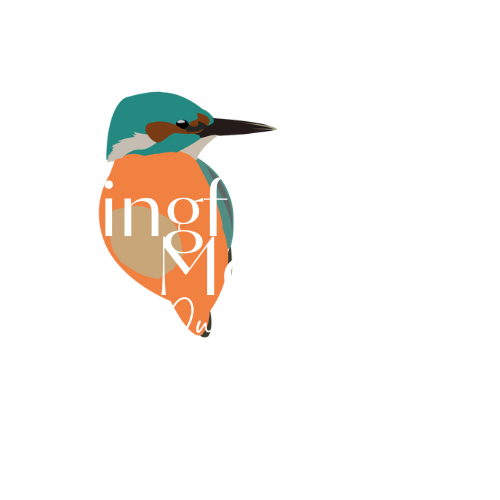When I worked as a rafting guide in Alaska on the Kenai River, I worked long days. I was up at six and often not to bed before eleven.
My days were full of preparing the gear and the rafts, serving a salmon bake to guests before heading down the river, cleaning up after the trip was over, hauling wood, washing dishes, and lots of other tasks that contribute to operating a small wilderness adventure business effectively.
I never had trouble falling asleep or sleeping through the night.
I didn’t need to take a sleep aid or melatonin to get the restorative rest I needed for putting in another sixteen hours the next day.
I was genuinely tired every single night.
Perhaps more importantly, I was satisfied.
I had put in an honest day’s work, I served people in an authentic way, I was part of making people’s dreams come true -- people who dreamed of seeing Alaska.
This is what I call the first kind of tired.
Two Kinds of Tired -- the Second Kind
The second kind of tired is completely different.
I’ve experienced this kind of tired, too. Maybe you have as well.
If you’ve heard yourself say out loud to yourself or someone in lockdown with you -- “Is this all there is?” -- then you understand the second kind of tired I’m talking about.
I’m talking about the kind of tired that results not from putting in a full day of serving people and being a part of making their dream come true -- but rather from doing work that doesn’t matter to you.
Work that isn’t aligned with who you are and why you are here in this one life.
The energy you expend to psych yourself up to go do the kind of work that perhaps pays your bills and allows you to buy another gizmo or gadget but leaves you feeling shattered to your core generates the worst kind of tired.
Convincing yourself that the money you earn from doing this work is worth the emotional and psychological pain of having to show up every day to something that feels wrong, that feels like you’re wasting your time, that feels disingenuous and fragmented and heartbreaking only adds to your exhaustion.
Lately I’ve seen a lot of posts on social media that point to people who are feeling the second kind of tired as they come to terms with the changes to our way of life since mid-March that could become permanent if we don’t pay close enough attention.
That’s a topic for a different post. For now, let me say that I’ve seen glimpses of a collective reckoning about lack of meaning and purpose in jobs that aren’t satisfying, in lives that now, under the spotlight of social distancing and political posturing, aren’t as interesting or meaningful as they may have once seemed.
As such, a massive recalibration is going on for people everywhere. Because we are at the front end of the process of measuring what’s most important to us without the usual lineup of distractions, we are questioning multiple assumptions about what seemed right with life before the pandemic, before we were forced to take a long, hard look at how exactly we were choosing to show up every day.
Which brings up the concept of certainty and the future.
The Future Has Never Been Guaranteed
I find it interesting the way some people talk about uncertainty these days,as if before the pandemic, the future was undeniably certain.
The future has never been certain, but I guess we had done a damn good job of creating the illusion that it was. We had convinced ourselves that we had every stage of our lives under control. We could simply paint by the numbers society laid out for us to reveal our lives one small section at time and go to bed each night saying, “Okay, I guess this is okay.”
Now that the numbers and paint colors have changed, the collective cry of despair and disappointment about what we’ve lost echoes across every social media platform one post at a time.
These changes -- thrust upon us from forces beyond our control -- have sapped the energy and enthusiasm from millions who are now just beginning to ask bigger questions about meaning and work and doing something different with their lives.
They’re rubbing their eyes, looking around and asking: “Do I really want to go back to the way life was before I discovered I actually enjoy spending more time with my family or planting a vegetable garden or baking bread?”
The answer to a question like this is extremely personal -- and not necessarily easy to arrive at.
But it’s worth asking, just as much as this question is --
Of the two kinds of tired, which one do you want more of in your life?
I’m encouraged to see the start of more people asking questions like these.
It’s how we move forward together to build a future that matters.
